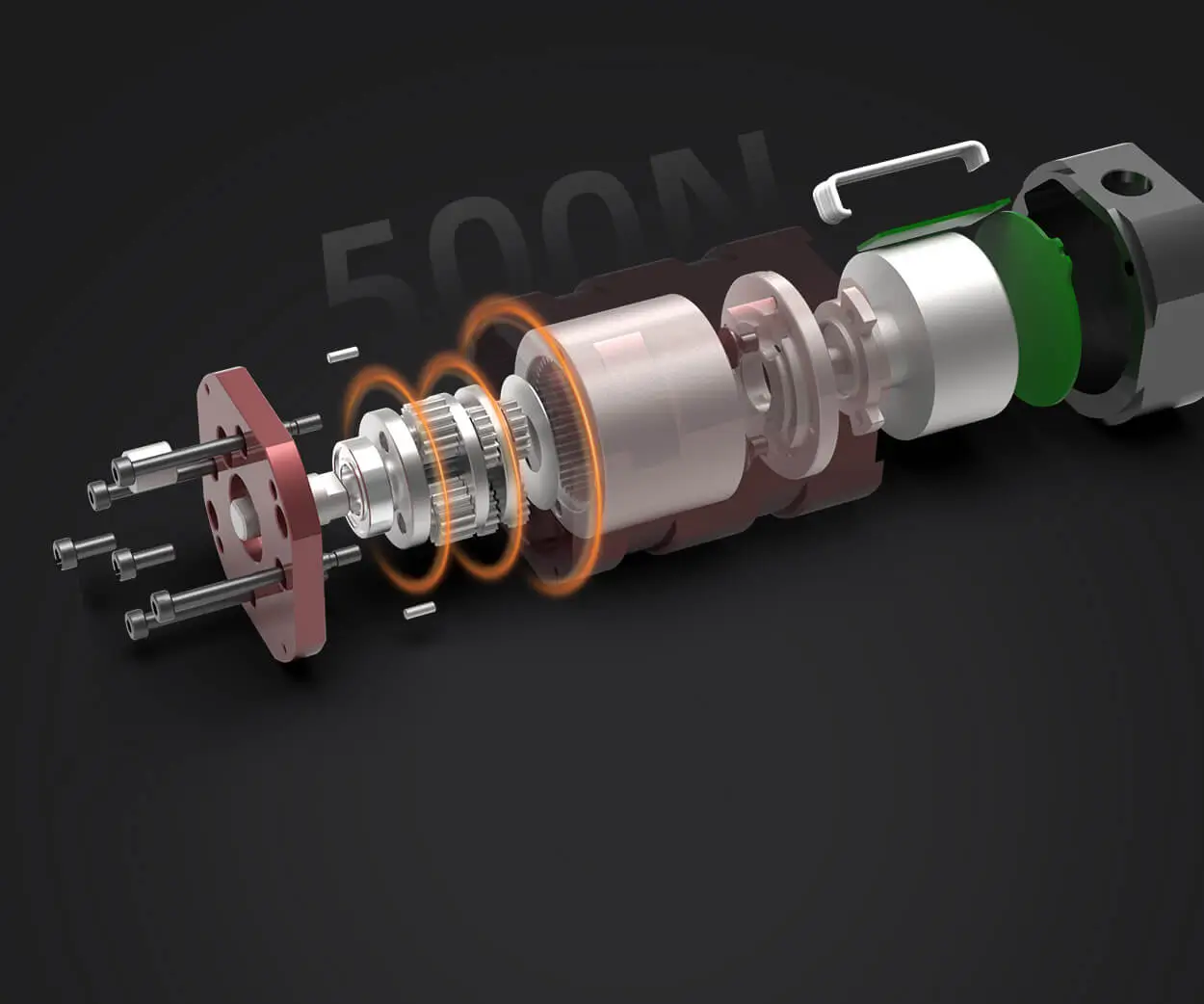Spring Microservices have rapidly become the backbone of scalable, flexible applications in the modern software development world. Companies are embracing this framework more than ever, and it’s easy to see why: it simplifies the process of breaking down complex applications into smaller, more manageable pieces. If you’ve ever worked with Spring, you know how powerful its capabilities are, but there’s always more to learn. So, let’s dive into what you need to know when preparing for a Spring Microservices interview.

First off, Spring Microservices are all about decoupling. You break down a monolithic application into smaller, self-contained services. Each service handles a specific business function and communicates with others through well-defined APIs. This approach makes applications easier to scale and maintain. Think of it like turning a large, complicated machine into a set of smaller gears that work better together.
But when it comes to interviews, you’ll need to show more than just a basic understanding. Let’s start with some foundational concepts. One of the first things they’ll ask you is how Spring Boot fits into a microservices architecture. Well, Spring Boot simplifies the setup of Spring applications, allowing developers to avoid boilerplate code. It’s designed to get applications up and running as quickly as possible, which is key when you’re managing multiple services.
What about service discovery? This is another essential part of microservices. In a system where services are constantly scaling up or down, you need a way for services to find each other. Tools like Eureka or Consul are often used for this. During an interview, it’s crucial to be able to explain how service discovery works and why it's necessary for high availability.
Next up, let’s talk about data management in a microservices architecture. In a monolith, you often have a single database for the entire application, but microservices require a more distributed approach. Each service typically manages its own database, which can create challenges around data consistency. A common approach to managing this is event-driven architecture, where services communicate asynchronously through events, ensuring that data updates are consistent across services without direct dependency.
Security is always a hot topic, especially when you have multiple microservices interacting. You’ll need to demonstrate your understanding of securing these interactions, particularly through OAuth2 and JWT (JSON Web Tokens). OAuth2 helps in managing authorization, and JWT is commonly used for securely transmitting information between services.
The questions you’ll face in a Spring Microservices interview may vary, but they’ll often touch on how you would design, scale, and maintain a system of independent services. Being able to talk about real-world problems, like managing distributed transactions or handling failures gracefully, will set you apart. Microservices don’t come without their challenges. For example, when one service fails, how does the rest of the system stay up? This is where resilience patterns like circuit breakers and retries come in handy.
Finally, don't forget to talk about testing. Testing in microservices requires a different approach, especially when services are loosely coupled. You'll likely be asked how you handle unit testing, integration testing, and end-to-end testing in such an environment. Emphasize the importance of tools like JUnit for unit testing and testing frameworks like Spring Cloud Contract for integration testing.
Mastering Spring Microservices isn’t just about knowing the theory; it’s about being able to apply these concepts to real-world situations. The key to impressing your interviewers is not just listing features and tools but demonstrating how you would tackle real challenges with the Spring ecosystem. Whether it’s handling failures, scaling services, or ensuring security, your ability to think on your feet and apply practical solutions will be your ticket to success.
So, are you ready to dive deeper into the world of Spring Microservices? Understanding these concepts and applying them effectively can help you build robust, scalable applications that stand the test of time.
Established in 2005, Kpower has been dedicated to a professional compact motion unit manufacturer, headquartered in Dongguan, Guangdong Province, China. Leveraging innovations in modular drive technology, Kpower integrates high-performance motors, precision reducers, and multi-protocol control systems to provide efficient and customized smart drive system solutions. Kpower has delivered professional drive system solutions to over 500 enterprise clients globally with products covering various fields such as Smart Home Systems, Automatic Electronics, Robotics, Precision Agriculture, Drones, and Industrial Automation.




































